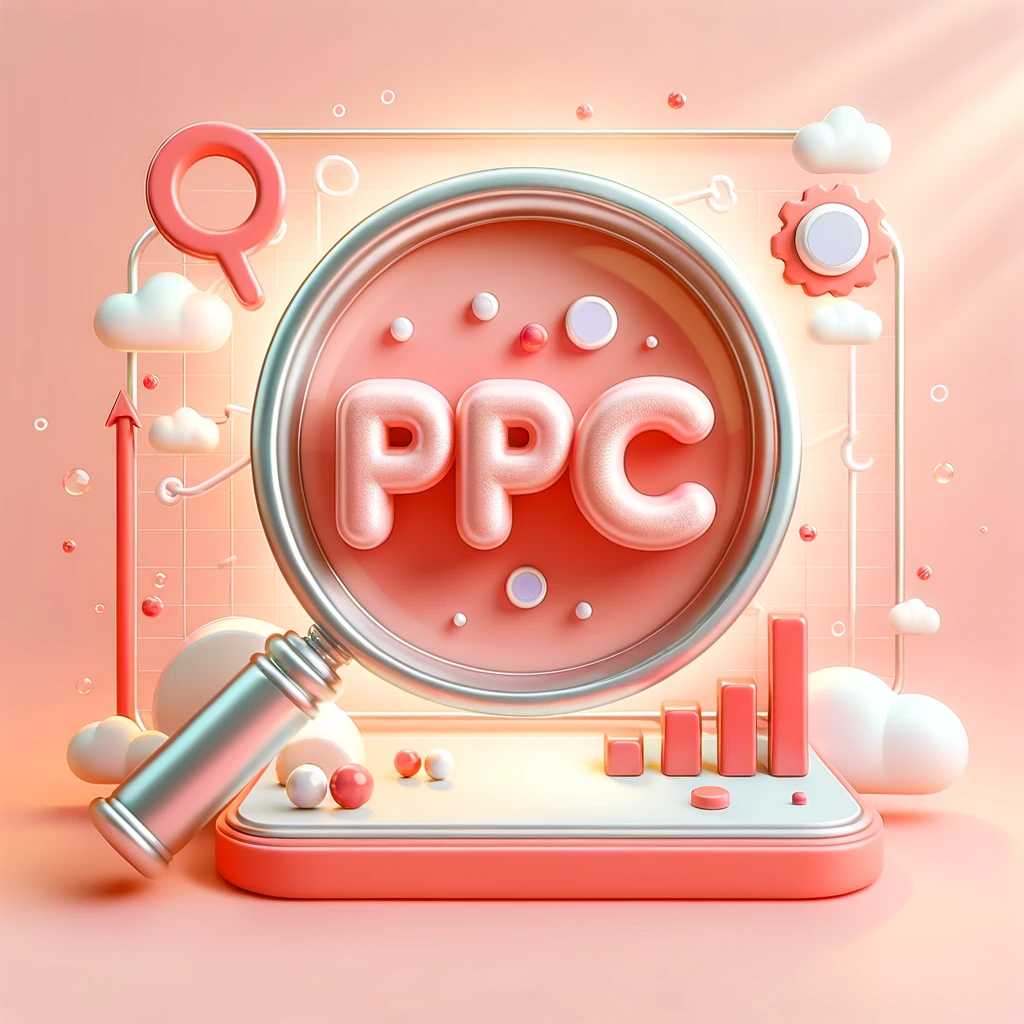Whatever the topic, whatever the conversation, there will always be advantages and disadvantages. People’s views will also be different, and what some people regard as a positive will very much be a negative for someone else. When it comes to SEO and PPC, the same applies. Many platforms, mechanisms and features which allow SEO and PPC to function, all have their advantages and disadvantages. A recent report based on a survey, has looked very closely at PPC and results have been compiled about some of the things that were most disliked. Read on to find out more, and whether you agree!
PPC is a successful channel of advertising that has existed for many years. It is growing in popularity, bringing in significant returns and investment to many businesses, and it is hard to see that this success will stop in the coming future. That doesn’t mean however that everything is perfect or universally liked / endorsed by everyone, and thus there is always room for improvement.
According to studies, one of the most disliked things about PPC is automation. Automation is something that is relatively new in the process of PPC operation, yet many of you who know something about digital marketing and advertising know that automation is the way forward, so this causes something of a conflict between users and PPC operators like Google.
Many people have provided examples of automation being a complete nightmare. The trick is finding the right balance between tweaking your PPC campaign manually, and allowing automation to enhance and compliment that. Think of an aircraft. Many of you may not realise, but most of the flight is controlled by automation. The pilot is there not only as a ‘just in case’ but to take manual control should the automation fail, or be needed.
Most seem to accept that automation is here to stay and it is part of the way these platforms work, however the following have been cited as some of the most common reasons why automation is specifically disliked:
* Lack of total control (though there is still a manual option don’t forget!)
* The idea of automation being ‘forced’ rather than being a choice.
* Automated bidding being very ‘all or nothing’ – some people would like to manually control some aspects and automate others. This is not allowed for, and so has to be one or the other.
* Trusting AI to get everything correct, because inevitably, that is impossible.
A good start to addressing some of the general concerns around automation in PPC may be to look at some of the points and find ways to appeal to more people – some of which we believe can be easily done!?
Other areas of frustration in PPC
While automation was by far the biggest according to the study, it was not the only issued that was raised. Google support (or perhaps the lack of it) was also voiced, as many were of the view that limited real guidance was on offer, poor advice, or being constantly called by the representatives who do not make any meaningful impact to campaigns. Not cost effective, problems with attribution, limited options for B2B engagement are all other niggles raised by people in the study.
Don’t let this put you off! PPC does have abundant advantages! To learn more about PPC and what services we offer, click the dedicated link to find out more.
